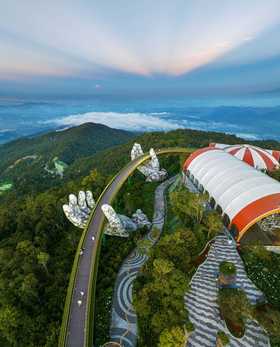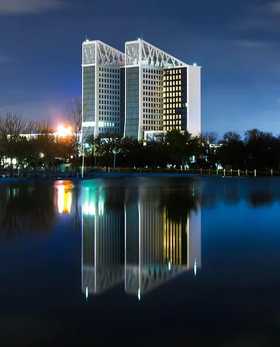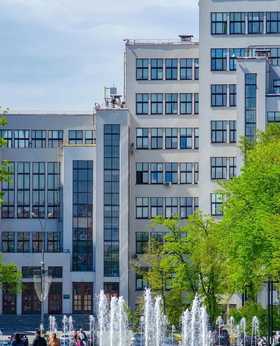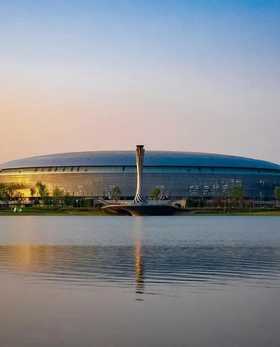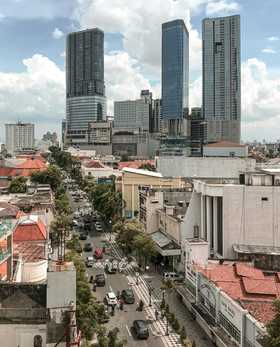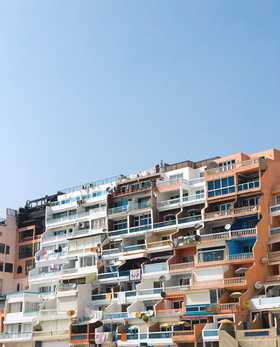Solo nomad: Estimated monthly costs are $481 (excluding rent), and $679 including rent.
Family of 3: Estimated monthly costs are $998 (excluding rent), and $1,493 including rent.
Meal at Budget Restaurant
Three-Course Dinner for Two, Mid-Range
Fast Food Meal (McDonalds, etc)
Coke/Pepsi/Fanta/Sprite (0.33 liter bottle)
Water (0.33 liter bottle)
$0.22 ₱12.62
$0.45 ₱26.45
Local Beer (0.5 liter draught)
Imported Beer (0.33 liter bottle)
One-way Ticket (Public Transport)
$0.20 ₱11.75
$0.26 ₱15.11
Taxi Start (Normal Tariff)
Taxi (Normal Tariff) (1km)
$0.24 ₱14.04
$0.35 ₱20.14
Taxi 1hour Waiting (Normal Tariff)
Midsize Hatchback 1.4l (Volkswagen Golf, Toyota Prius, Honda Civic, etc)
$17.5K ₱1.0M
$29.7K ₱1.7M
Compact Sedan 1.6l (Toyota Corolla, Mazda3, Kia K4, Hyundai Elantra, etc)
$17.5K ₱1.0M
$21.0K ₱1.2M
Utilities for 2 People in 2-bedroom Apartment (Heating, Electricity, Gas, Water, Garbage) (85m2)
$44.34 ₱2,582
$82.9 ₱4,829
SIM Card Monthly Plan (Calls and 10GB+ Data)
$10.64 ₱619
$44.36 ₱2,583
Internet (50+ Mbps, Unlimited Data)
$26.44 ₱1,540
$49.34 ₱2,873
Jeans (Levis 501 Or Similar)
Summer Dress (H&M, Zara, etc)
$19.42 ₱1,131
$26.51 ₱1,544
Sport Shoes (Adidas, Nike)
$35.46 ₱2,065
$88.7 ₱5,163
Men's Leather Business Shoes
$26.50 ₱1,543
$26.50 ₱1,543
1-bedroom Apartment, City Center (Monthly)
1-bedroom Apartment, Outside City Center (Monthly)
3-bedroom Apartment, City Center (Monthly)
3-bedroom Apartment, Outside City Center (Monthly)
Buy Apartment in City Center (m2)
$875 ₱51.0K
$3,073 ₱178.9K
Buy Apartment Outside City Center (m2)
